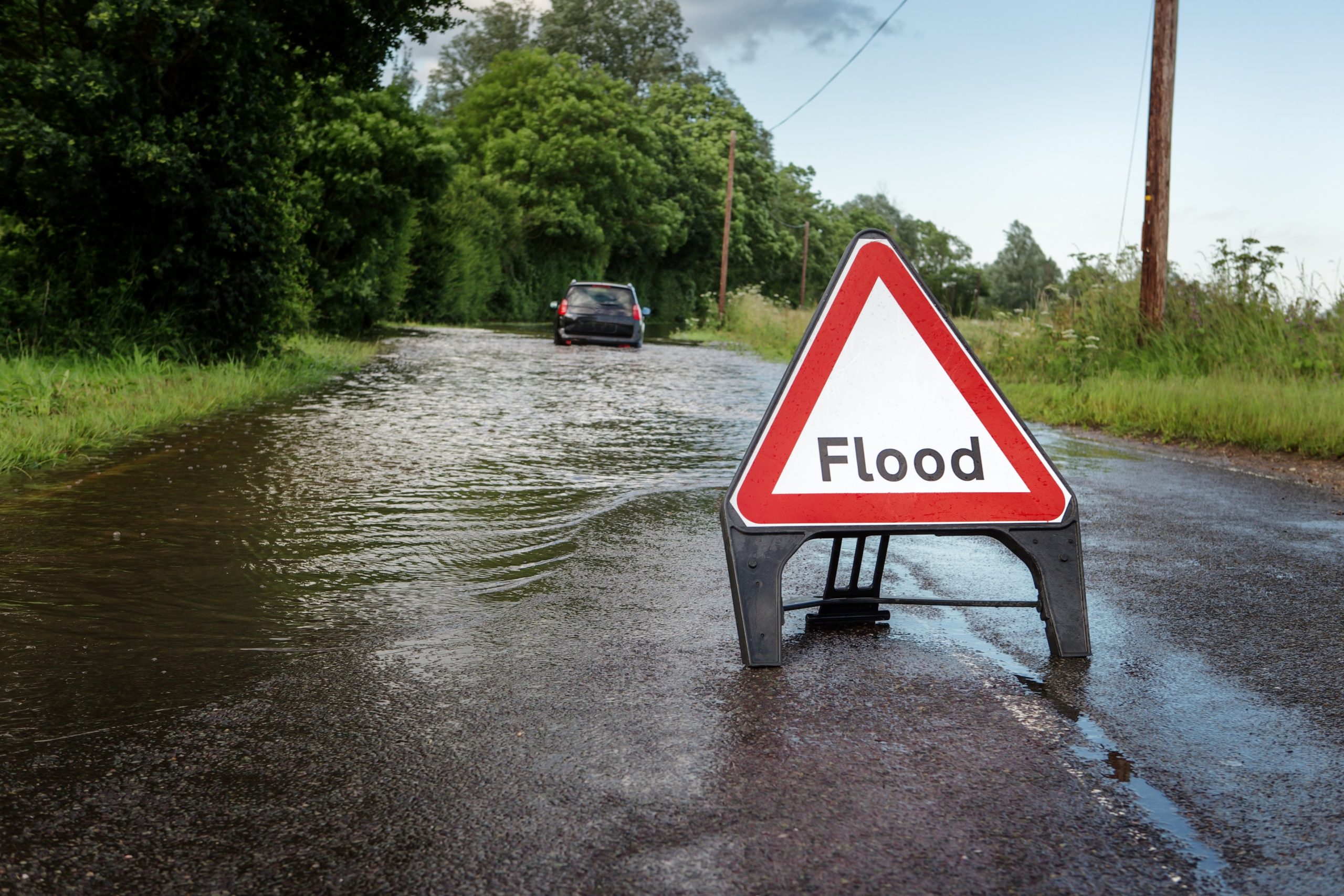Now Reading: Building Flood Resilient Places
-
01
Building Flood Resilient Places

Building Flood Resilient Places
Supporting Adaptation to Climate Change
More support could be available for communities to prepare for and adapt to the threat of flooding.
A consultation on a proposed National Flood Resilience strategy seeks views on how to build community flood resilience and engage a broader range of delivery partners to implement more diverse flood management actions faster.
Actions to complement existing and planned flood protection measures could include:
- more natural flood management measures like tree planting and use of natural landforms to slow run-off and capture water
- greater use of blue-green infrastructure such as urban green spaces and ponds to reduce the amount of water flowing into drains
- improved community resilience, such as through the funding and training of local flood groups to help communities prepare for, respond to and recover from flooding events.
The proposals sit alongside wider work to adapt Scotland to the threat of climate change, including Scotland’s third National Adaptation Plan which is due to be published in the autumn.
Angus has fallen victim to more than its fair share of flooding from severe weather events in recent times.
GRAEME
The impact has been quite devastating, with households and Angus Council are still struggling to recover from the likes of Storm Babet.
I would strongly encourage constituents to contribute to this important consultation on how we can enhance flood protection going forward.
Given the changing climate, unfortunately increased risk and regularity of flooding is the reality – but this Scottish Government is determined that we have the best resilience measures in place.
Flooding is Scotland’s biggest climate adaptation challenge. As we have sadly seen recently, it can have a devastating impact on communities and people – as well as the direct impacts to flooded homes and business, it can disrupt lives, livelihoods and affect physical and mental health long after the waters have receded.
MAIRI MCALLAN, CABINET SECRETARY FOR NET ZERO & ENERGY
Climate change means extreme weather events like floods will become more frequent, which is why we’re investing £42 million each year and an additional £150 million during this parliament on measures to reduce the impacts of flooding.
However, at the same time we need to learn to adapt the places where we live and work to flooding. We want to move away from thinking we can eradicate flood risk to a position where we are working across society to create flood resilient places.
We want to hear people’s views on how we can reduce our exposure to flooding and lessen the impact when it does happen – and we want to involve a much broader range of people and organisations in doing so. I urge anyone with an interest to respond to our consultation to make Scotland as flood resilient as possible for generations to come.
Recovery from a flood event can be a long journey. Many of the communities we work with find comfort in forming a flood action group like the volunteers from Menstrie, Alva and Tillicoultry here today, showcasing what they can do to prepare for, respond to and look after their neighbours.
CAROL RAEBURN, SCOTTISH FLOOD FORUM DIRECTOR
With climate change we have all witnessed the frequency and severity of flood events in recent months. This is why it is so important that the people of Scotland take this opportunity to take part in the public consultation as individuals and as community groups to help shape Scotland’s first national flood strategy for future weather events.
Background
